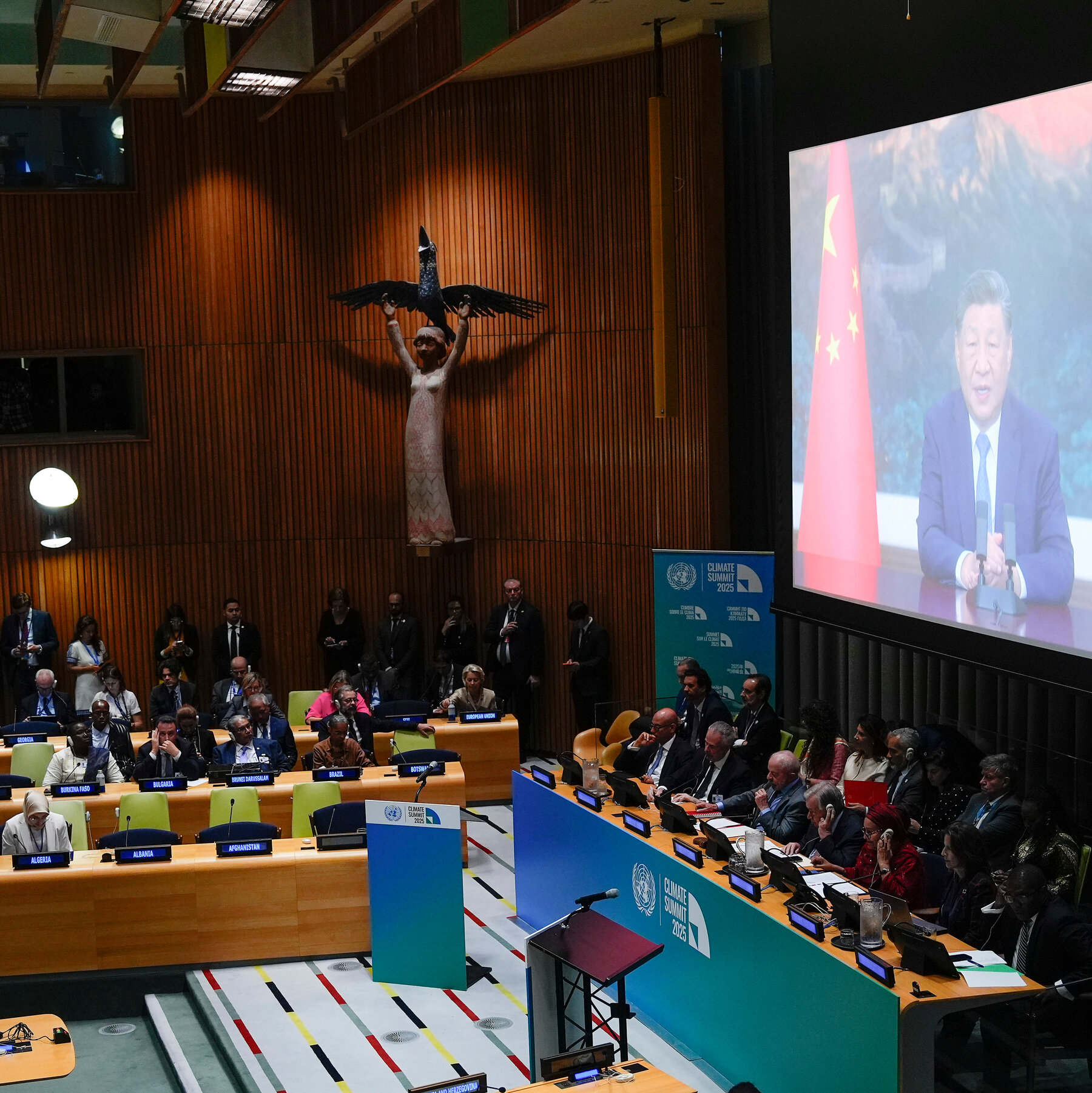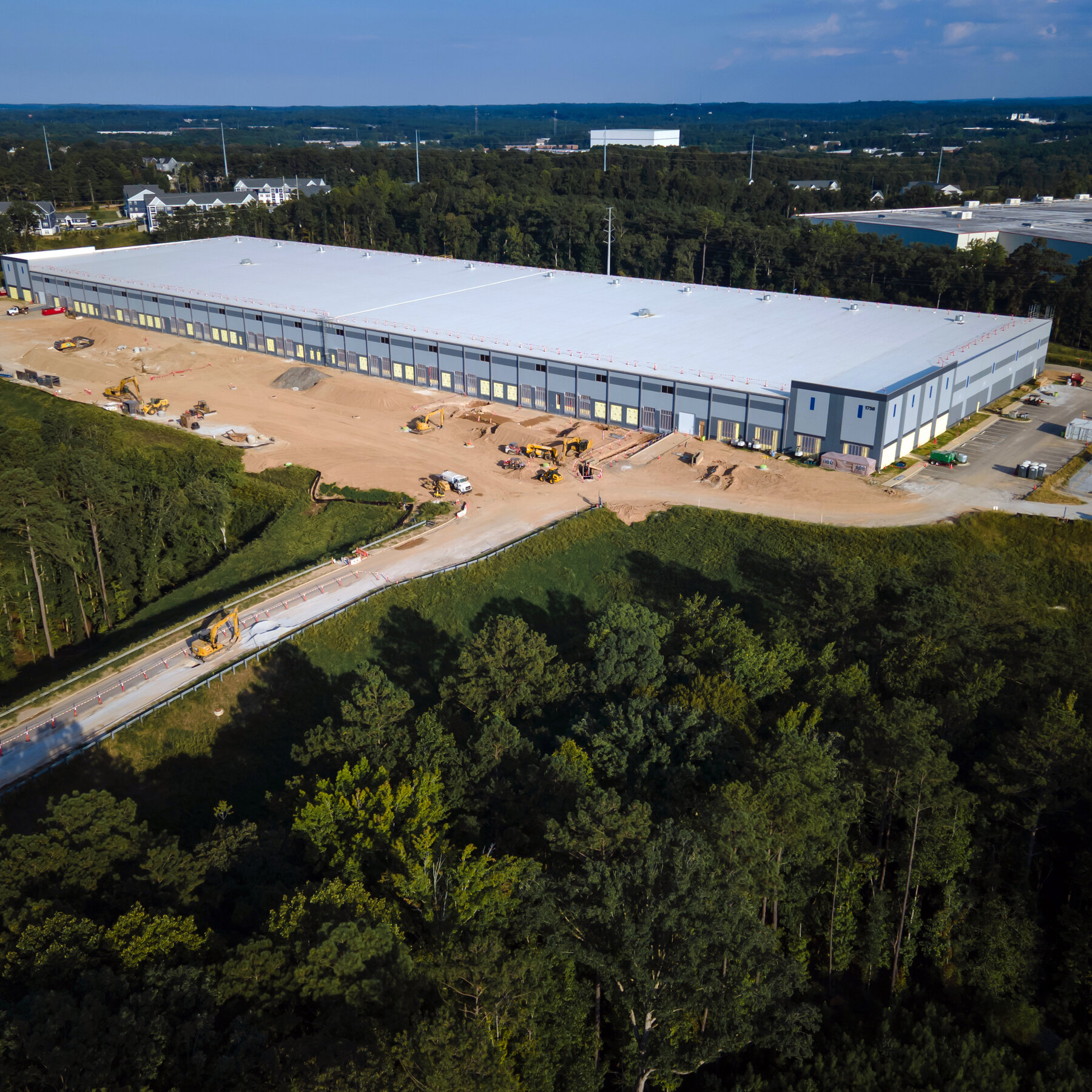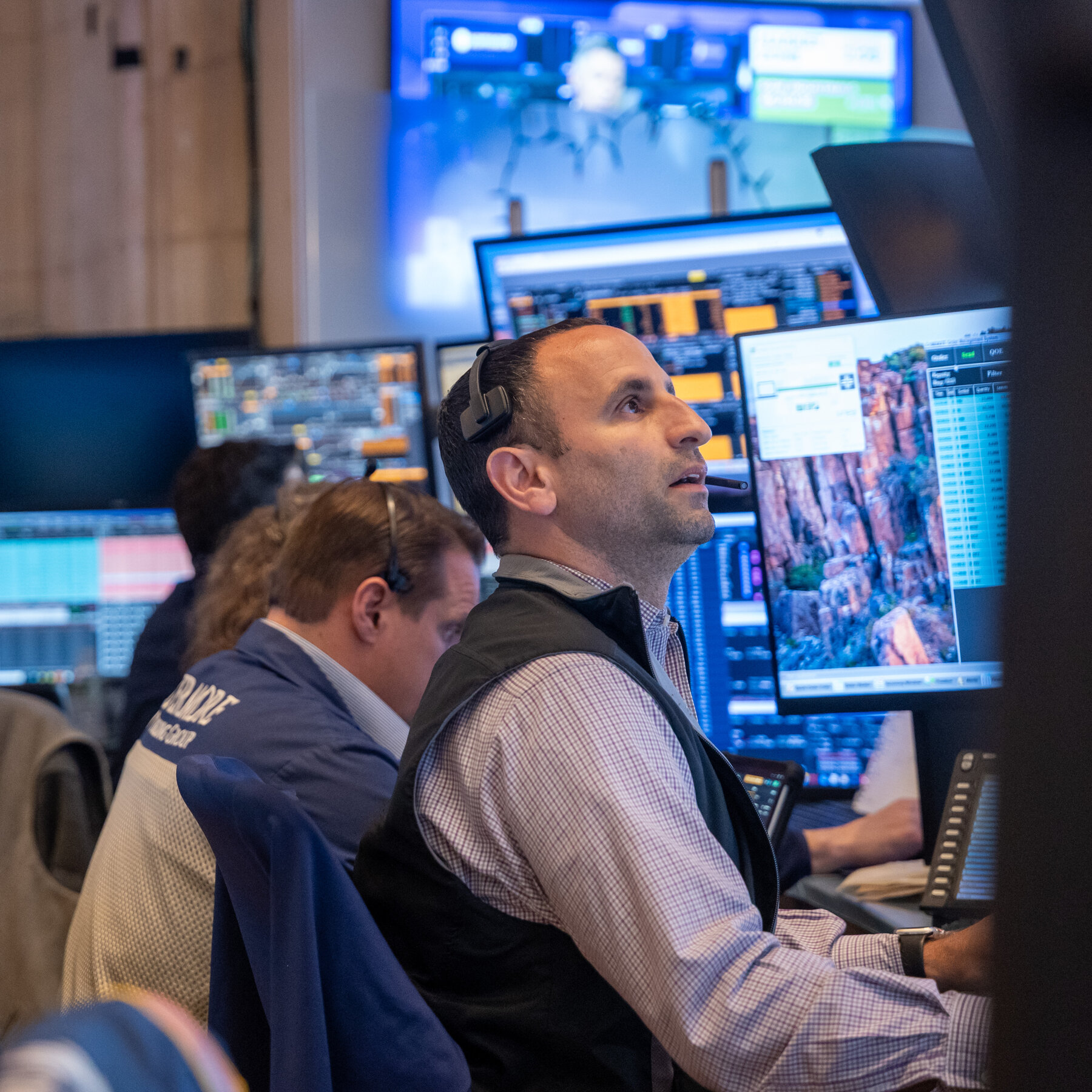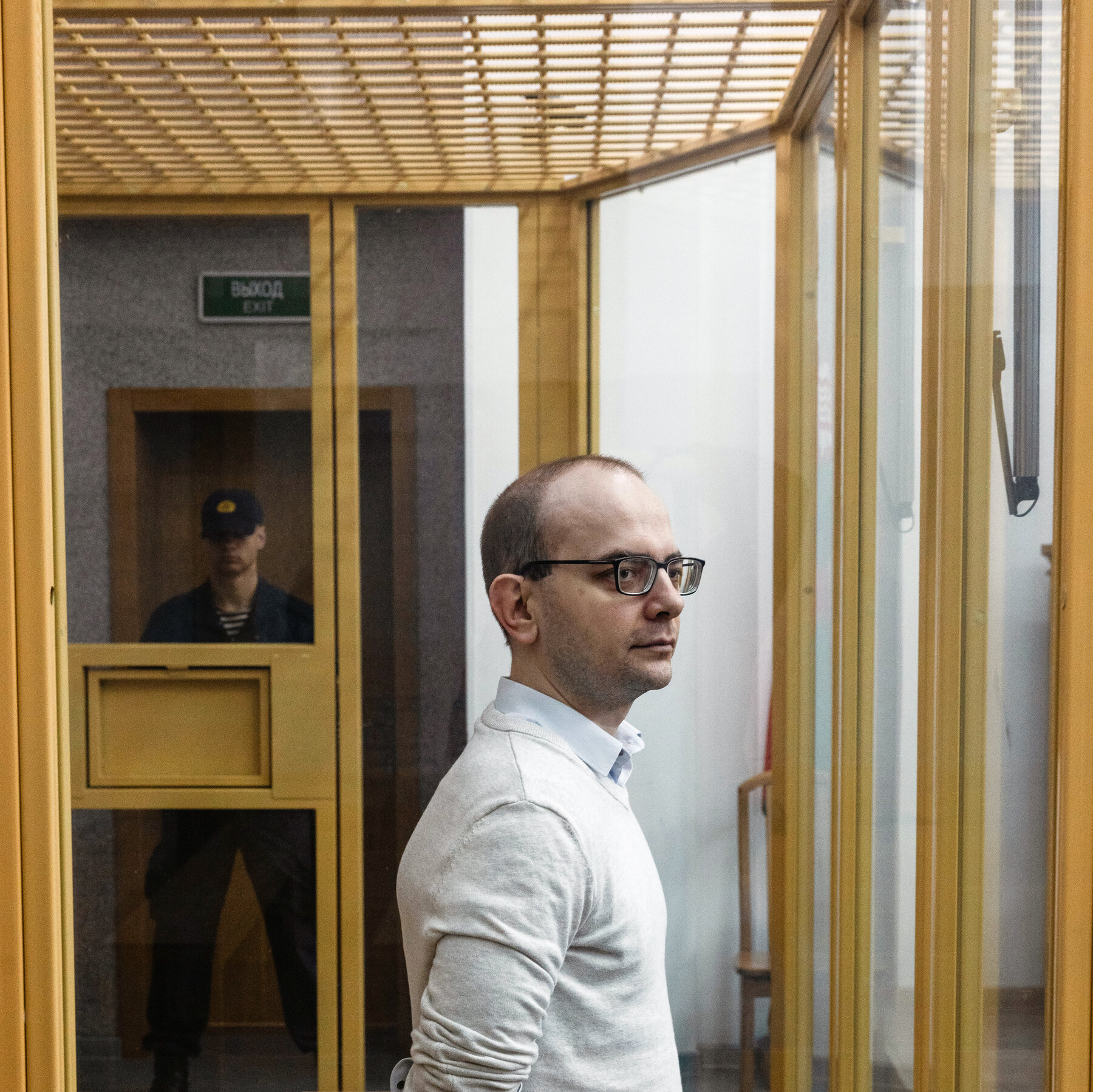Iraqis Are Voting for a New Parliament – What You Need to Know
Background
The Iraqi electorate went to the polls this week to choose a new parliamentary assembly for the first time since the 2021 elections. Voters are deciding the fate of a fragmented political landscape that has been dominated by coalition‑building and frequent deadlocks. The outcome will determine who will form the next government and how Iraq navigates its internal challenges.
What’s at Stake
Beyond the usual concerns over public services and economic reform, the election is a litmus test for the power of the Iran‑backed militias that have become entrenched in Iraq’s security apparatus. These groups, often referred to as the Popular Mobilisation Forces (PMF), wield significant influence in the parliament and the armed forces.
Key Players
Several political blocs are vying for seats:
- State‑building parties that promise reforms and a technocratic cabinet.
- Shia nationalist coalitions aligned with Tehran’s interests.
- Sunni Arab parties seeking greater representation and autonomy.
- Kurdish regional parties aiming to protect the Kurdistan Region’s political leverage.
International Pressures
The United States, under the Trump administration, has made it clear that any future Iraqi government must take steps to disarm the Iran‑aligned militias. In a recent statement, a senior U.S. official said, “We will not support a government that allows foreign‑backed armed groups to operate with impunity.” Washington’s stance reflects broader concerns about Iranian influence in the Middle East.
Conversely, Tehran continues to back its allied parties, offering political and economic incentives to maintain a foothold in Baghdad. Iranian officials have warned that any attempt to curb the militias could destabilise the fragile balance of power in Iraq.
What to Watch
Analysts are monitoring several indicators as the results come in:
- The share of seats secured by parties openly supportive of militia disarmament.
- Potential coalition negotiations between Shia, Sunni, and Kurdish blocs.
- Reactions from the United States and Iran as the new parliament convenes.
- Public sentiment on security reforms and economic recovery.
The formation of a new government could reshape Iraq’s foreign policy, its internal stability, and the broader regional dynamics between Washington and Tehran.






